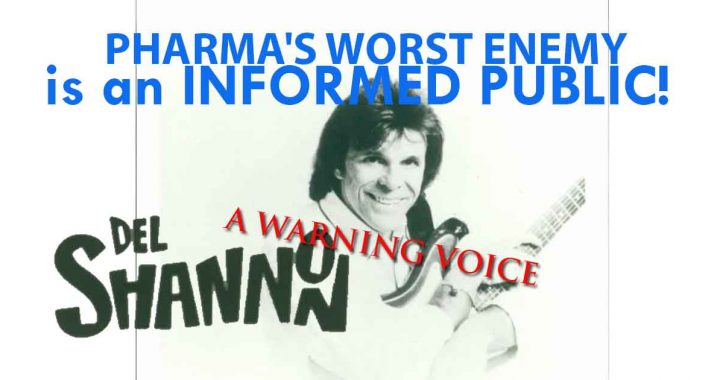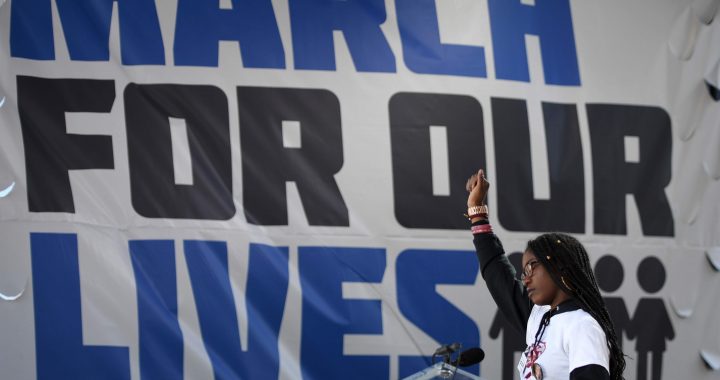
STUDY: HIGH PSYCHOTROPIC MEDICATION RATES FOR CHILDREN WITH AUTISM
(Keep in mind as you read through this critical information that Autism is a condition of ELEVATED serotonin levels and nearly everyone of the medications Autistic children are being given are drugs designed to INCREASE serotonin levels thereby making the Autistic symptoms worse. Yet doctors are prescribing these drugs to 64% of Autistic children with everyone working to find ways to combat the symptoms of Autism while they are taking medications that make those symptoms worse!!! This also indicates that Adam Lanza, the shooter at Sandy Hook, had a 64% chance of being on one of these medications since he had a diagnosis of Autism.)
And research shows that mothers on antidepressants (all antidepressants increase serotonin) have a 3 to 4 times greater rate of having a child with Autism! Autism is only one of MANY birth defects associated with a mother’s use of antidepressants. To give one of those children additional drugs that increase serotonin levels after the initial exposure within the mother’s womb, thus giving the child no opportunity to recover from that initial exposure, is beyond criminal in my opinion!
The very first birth defect noticed in the offspring of children born to mothers on antidepressants was hypoglycemia which contributes to higher rates of seizures, attention-deficit disorders, anxiety, bipolar disorder, or depression. With that in mind read below about those being treated with multiple medications and higher odds of being medicated with these drugs are the ones showing symptoms of seizures, attention-deficit disorders, anxiety, bipolar disorder, or depression which indicates these are more likely those children who became Autistic due to their mother’s use of an antidepressant during pregnancy!!!
Disclaimer: Please do not attempt withdrawal or any change in dose without reading withdrawal information below!
THE STUDY OBJECTIVE AND RESULTS
OBJECTIVE: The objectives of this study were to examine rates and predictors of psychotropic use and multiclass polypharmacy among commercially insured children with autism spectrum disorders (ASD).
RESULTS: Among 33?565 children with ASD, 64% had a filled prescription for at least 1 psychotropic medication, 35% had evidence of psychotropic polypharmacy (=2 classes), and 15% used medications from =3 classes concurrently. Among children with polypharmacy, the median length of polypharmacy was 346 days. Older children, those who had a psychiatrist visit, and those with evidence of co-occurring conditions (seizures, attention-deficit disorders, anxiety, bipolar disorder, or depression) had higher odds of psychotropic use and/or polypharmacy.
CONCLUSIONS: Despite minimal evidence of the effectiveness or appropriateness of multidrug treatment of ASD, psychotropic medications are commonly used, singly and in combination, for ASD and its co-occurring conditions. Our results indicate the need to develop standards of care around the prescription of psychotropic medications to children with ASD.”Roughly two-thirds of children in the U.S. who are diagnosed with autism spectrum disorders (ASD) have been prescribed at least one psychotropic medication, according to new estimates published in the journal Pediatrics on Monday.
“In addition, 35 percent of the children were simultaneously prescribed two or more psychotropic medications, including antidepressants, attention deficit disorder medications and antipsychotics.
“Fifteen percent had been prescribed at least three different types of psychotropic drugs.
NO PROOF THESE DRUGS ARE SAFE IN CHILDREN
“I believe the takeaway is that children are on a lot of psychiatric medications without proof that they work or are safe in children,” study researcher Anjali Jain wrote in an email to The Huffington Post. Jain, a managing consultant with health care consulting firm Lewin Group, added that “nothing is known about what happens to effectiveness or safety when drugs are combined — or about long-term effects.”
Original article: http://www.huffingtonpost.com/2013/10/21/medication-autism_n_4136870.html
Link to study abstract: ttp://pediatrics.aappublications.org/content/early/2013/10/16/peds.2012-3774.abstract
WITHDRAWAL WARNING: In sharing this information about adverse reactions to antidepressants I always recommend that you also give reference to my CD on safe withdrawal, Help! I Can’t Get Off My Antidepressant!, so that we do not have more people dropping off these drugs too quickly – a move which I have warned from the beginning can be even more dangerous than staying on the drugs!
The FDA also now warns that any abrupt change in dose of an antidepressant can produce suicide, hostility or psychosis. These reactions can either come on very rapidly or even be delayed for months depending upon the adverse effects upon sleep patterns when the withdrawal is rapid! You can find the hour and a half long CD on safe and effective withdrawal helps here: http://store.drugawareness.org/
Ann Blake Tracy, Executive Director,
International Coalition for Drug Awareness
www.drugawareness.org & http://ssristories.drugawareness.org
Author: *”Prozac: Panacea or Pandora? – Our Serotonin Nightmare – The Complete Truth of the Full Impact of Antidepressants Upon Us & Our World” & Withdrawal CD “Help! I Can’t Get Off My Antidepressant!”





One thought on “Study: High Psychotropic Medication Rates For Children With Autism”